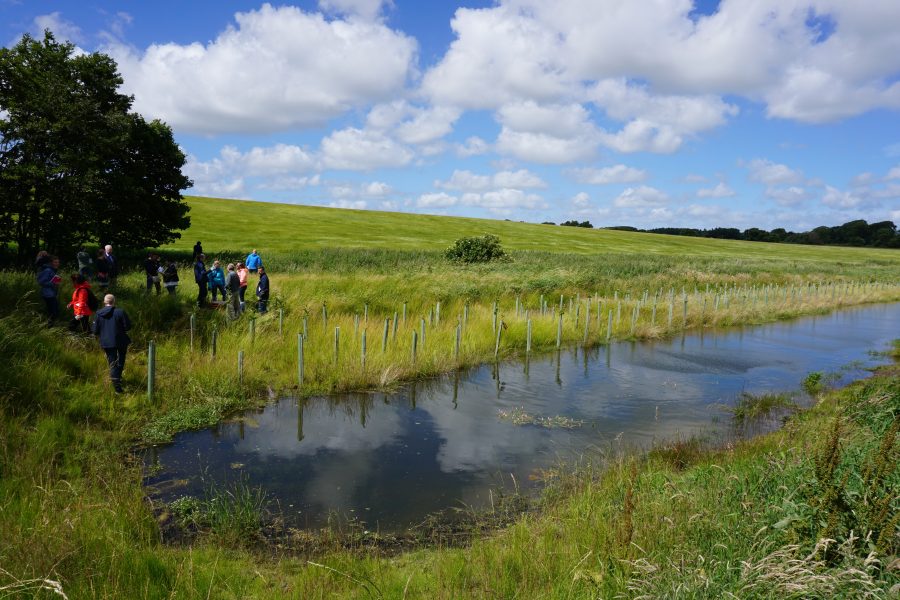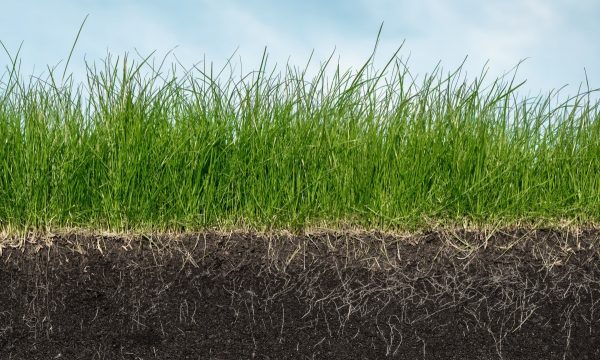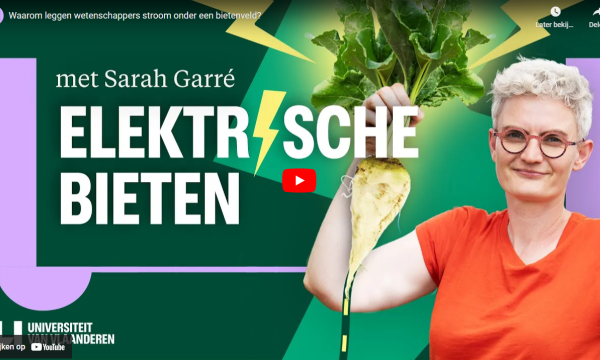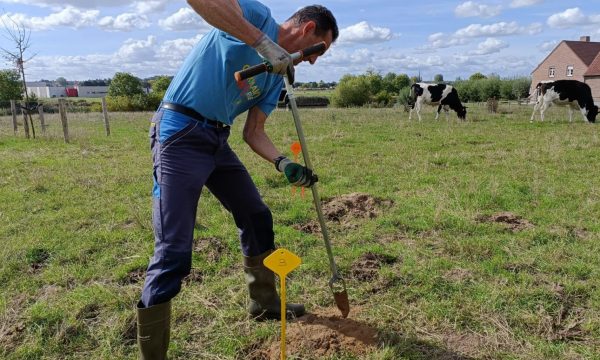Project news Searching together for ways to improve water quality
ILVO drew up a guide within the framework of the WaterProtect project to support the implementation of good agricultural practices that protect drinking water sources. The project focused on 7 European 'action labs'. In Flanders, this was the Bollaertbeek.

De focus van het afgelopen Europees Horizon2020 project ‘WaterProtect’ is het probleem van de aanhoudende vervuiling van drinkwaterbronnen door agrarisch gebruikte pesticiden en meststoffen. Het doel was om een verbetering te bereiken door de verschillende stakeholders (waterbedrijven, landbouwers, NGO’s, producenten van gewasbeschermingsmiddelen, consumentenorganisaties, overheidsdiensten, etc.) intensief te betrekken bij de realisatie van efficiënte, innovatieve landbouwsystemen. Binnen het project werden in zeven gebieden via de multi-actor aanpak de haalbaarheid en opname geëvalueerd van de op wetenschap gebaseerde oplossingen om de waterkwaliteit van drinkwaterbronnen te verbeteren en te beschermen.
ILVO heeft als trekker van het werkpakket ‘water governance’ een gids opgesteld om de implementatie van goede landbouwpraktijken die drinkwaterbronnen beschermen in praktijk ondersteunen. Daarin zijn er drie cyclische stappen: governance beoordeling van de huidige situatie, proces implementatie om de ambities te realiseren en beoordeling van de resultaten. De aanpak is gebruikt en op punt gesteld in de zeven actions labs om reële verbeteringen van de waterkwaliteit in waterwinningsgebieden te bekomen. De tool kan een beter (minder top down) lokaal governance systeem stimuleren.
The focus of the now-completed European Horizon2020 project 'WaterProtect' is the problem of persistent pollution of drinking water sources by agriculturally used pesticides and fertilizers. The aim was to achieve an improvement by intensively involving the various stakeholders (water companies, farmers, NGOs, crop protection product producers, consumer organizations, government agencies, etc.) in the realization of efficient, innovative agricultural systems. Within the project, the feasibility and uptake of science-based solutions to improve and protect the water quality of drinking water sources were evaluated in seven areas through the multi-actor approach.
ILVO, as the leader of the work package 'water governance', has prepared a guide to support the implementation of good agricultural practices that protect drinking water sources in practice. In it there are three cyclical steps: governance assessment of the current situation, process implementation to realize the ambitions and assessment of the results. The approach has been used and fine-tuned in the seven actions labs to achieve real improvements in water quality in water catchment areas. The tool can stimulate a better (less top down) local governance system.


